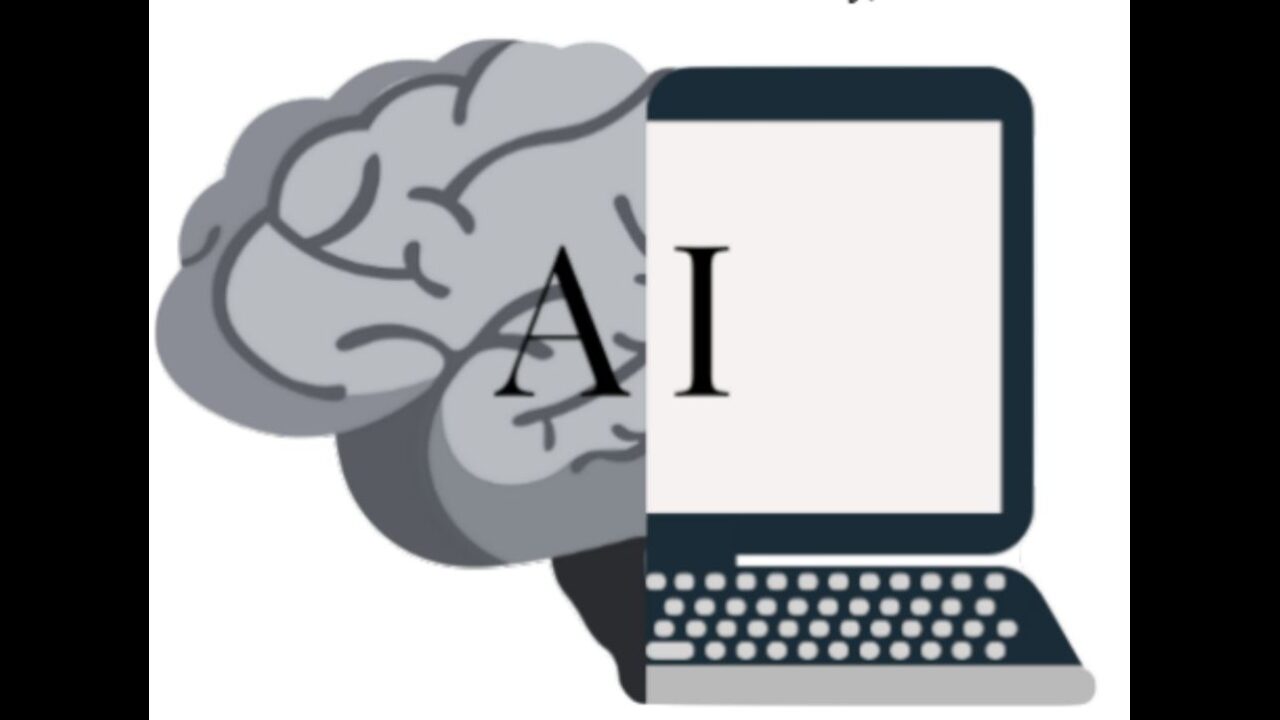CUNE professors incorporate Artificial Intelligence in the classroom
Photo credit: Kayla Korb
By Caleb Lemon
Artificial intelligence may be feared by some educators, but many professors at Concordia are taking an optimistic point of view and not only encouraging students to use it ethically as a tool but in some cases incorporating it into their lesson plans.
AI has been an idea for decades, but scientists are still only scratching the surface of the powers it holds. Recently, the stereotype for AI in universities is that it is seen as a potential threat to human labor and creativity. This may be true, but when used correctly it can be an advantageous tool.
Professor of Business Administration Dr. Andrew Langewsich has already included assignments in his Information Systems course that incorporate artificial intelligence. Langewisch said that AI is most effectively used by his students as a resource for expanding knowledge.
“If they have little experience with banking, this can be hard, so we ask AI to help us,” he said. “It is vital that students contain a certain amount of domain knowledge to ask the right questions or to refine their answers to make them more professional.”
Senior Jose Cevallos has finished an AI assignment in Information Systems and said he was surprised professors are already using it in class. But he was amazed to see how fast it would come up with answers.
“I had never really used ChatGPT before and couldn’t believe we had assignments where we had to use it,” said Cevallos, “but it was crazy to me how fast and accurate AI is when you ask specific questions instead of being vague.”
Associate Professor of Art Seth Boggs said in areas like art, specifically graphic de- sign, AI can be seen as a threat to creativity and imagination, two aspects that artists rely on heavily.
Boggs, who teaches graphic design, believes AI might not be as big of a threat as people in this field perceive it to be.
“While some may view this as a threat to human creativity, it is also an opportunity to enhance the creative process,” he said.
Boggs said the only way to make sure students know how to use AI correctly is to educate them and to give them hands-on experience.
“To ensure the ethical use of AI in graphic design, our students must be educated on ethics and made aware of potential consequences of unethical behavior,” he said. “These conversations are already happening in the design curriculum as we discuss copyright, free use, and appropriation.”
Boggs added he also has his students complete case studies that involve using artificial intelligence.
AI can be a good tool for expanding knowledge but not every answer it gives is 100 percent accurate.
Professor of Physics Dr. Brent Royuk, dean of Arts and Science, welcomes artificial intelligence wholeheartedly but when it comes to answering scientific questions AI isn’t always the best solution.
Royuk has made a recent change in his lesson plans by incorporating AI into lectures, not for help solving questions, but to show his students that artificial intelligence alone cannot always be trusted in the field of science.
Royuk said the main problem with AI is that it gathers information from the internet but cannot decipher what’s true from what’s false.
“AI can perform numerical calculations to some extent but its numerical problem-solving accuracy seems to depend to a large extent on whether it has access to particular questions that have solutions available online.”
Royuk said he does not plan to use AI in lesson plans, but he does use a software that helps him grade.
“I have gotten into the habit of entering my homework questions into ChatGPT to see what the answers look like,” he said. “I understand and truly believe that it is important for professors to communicate with students about acceptable use for AI.”
Many professors are focusing on how to use AI ethically especially when teaching the next generation of educators on how to use it properly.
Associate Professor of Education Dr. Shanna Opfer said that talking about using AI ethically is always the first step.
“It is essential that educators increase awareness, promote AI literacy, and offer the opportunity to discuss or debate ethical issues openly and honestly so students can wrestle this complex idea,” Opfer said.
Opfer added that making students back their answers up with substance will be the true test of knowledge.
“A more practical approach might include requiring students to demonstrate the processes behind their written work and not just the final answer,” she said. “The increase of oral defense of ideas will show an increase in authentic answers.”




















